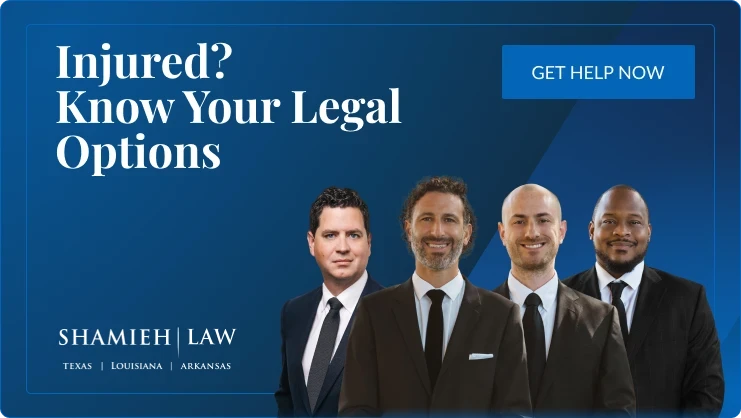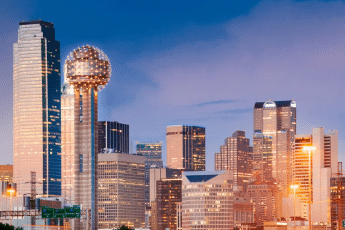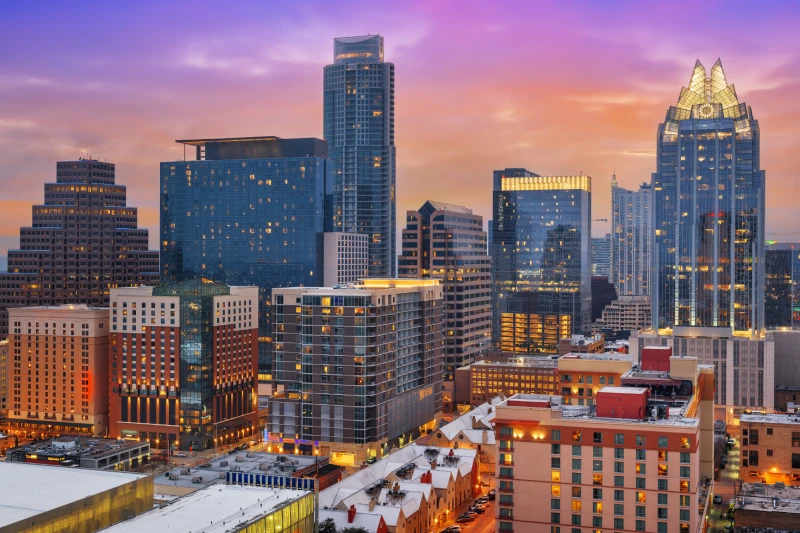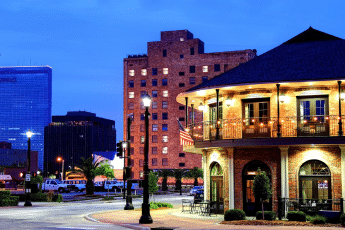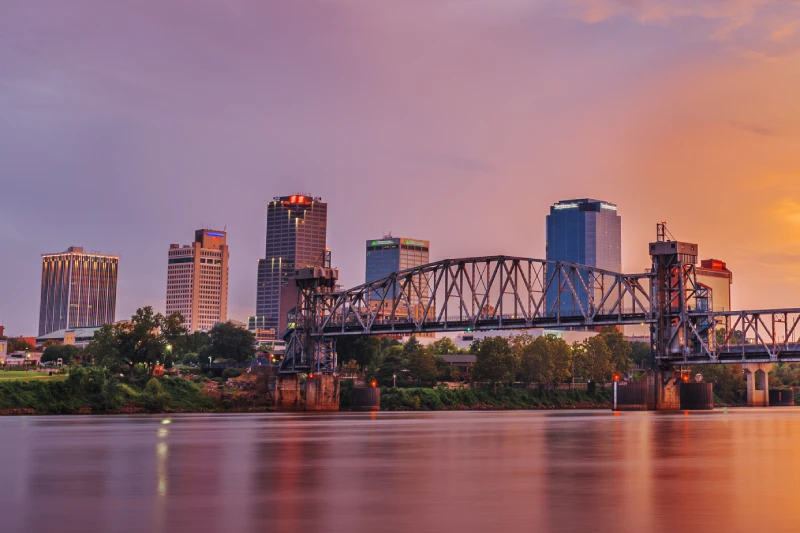Train accidents are often catastrophic, leading to severe injuries, pain, and even death. If you’ve been hurt in a train accident, our skilled personal injury lawyers can work quickly to get you the compensation you deserve.
A train hits a car or person somewhere in our country about once every three hours, says Operation Lifesaver [1], an organization dedicating to reducing the number of fatalities and injuries around railroad tracks and crossings. Furthermore, there are over 250,000 highway-rail grade crossings throughout America and more than 96% of all train accidents occur at these crossings. Given that almost one fourth of these crossings are unprotected, some of them are just a train crossing accident waiting to happen.
Car-train collisions are potentially catastrophic, and it’s only natural to wonder who or what may have been the cause of the accident, and where legal responsibility lies. We’ll examine the possibilities below.
Liability of the Railroad Company Operating the Train
The railroad has a dutyto operate its trains in a prudent and safe manner. A breach of these duties may constitute negligence and put the railroad at fault in an accident. These duties may include:
- Ensuring that the train crew is not fatigued, or under the influence of alcohol or drugs.
- Proper training of employees operating the train, such as the conductor and engineer.
- Making sure that the crew properly sounds the train’s warning horn/whistle as it approaches the crossing.
- Properly maintaining locomotives and rolling stock.
- Making sure the train is operating within the speed limit.
Liability of the Railroad Company that Owns the Track
A railroad that owns a track line doesn’t only own the strip of land on which the track sits – it also owns the right of way (the land on either side of the track). This ownership imposes duties that can affect the safety of a railroad crossing, including:
- Proper maintenance of the railroad tracks.
- Generally ensuring that approaching motorists have a clear line of sight at crossings by removing obstructing trees and vegetation.
- Proper installation and maintenance of lights and gates at appropriate crossings.
Liability of the Train Designer or Manufacturer
Quite a few mechanical and electrical systems play integral roles in the level of safety provided by trains, including:
- Flashing warning lights and headlights.
- Warning bells, whistles, and horns.
- Coupling mechanisms between freight cars.
- Brake systems on freight cars and locomotives.
- Communications systems utilized by train crews.
If any of those systems was improperly manufactured or designed, the company that designed or manufactured the defective component might be responsible for damages in a train crossing accident.
Liability of the Local City or County
In some very rare circumstances, the condition of the vehicle roadbed through the crossing can play a role in a train crossing accident. Depending on the location of the crossing, the responsibility may fall to the local municipality. If the roadbed was not properly maintained or constructed, it’s possible that the city or county may be liable for any injuries sustained at a railroad crossing accident.
Liability of the Automobile Driver
Sometimes the driver just did something they shouldn’t have. Whether it was attempting to drive around crossing gates or some other reckless maneuver, the driver of the automobile may be held legally liable for the train crossing accident. In addition to their own injuries, they may be held responsible for the injuries of any passengers they are carrying, and for the injuries of anyone on the train.

Contact Shamieh Law
A train crossing accident can be one of the most horrific things to happen to a person. They all too often end in brutal injuries and even death. If every possible precaution wasn’t taken to ensure the safety of motorists at railroad crossings, the person or entity responsible MUST be held accountable.
If you or someone you love have been injured or killed in a train crossing accident, call an experienced train accident lawyer to thoroughly investigate your case, determine the liable party, and get you the compensation you deserve. Contact us today at 469-225-3129 to schedule a consultation.
